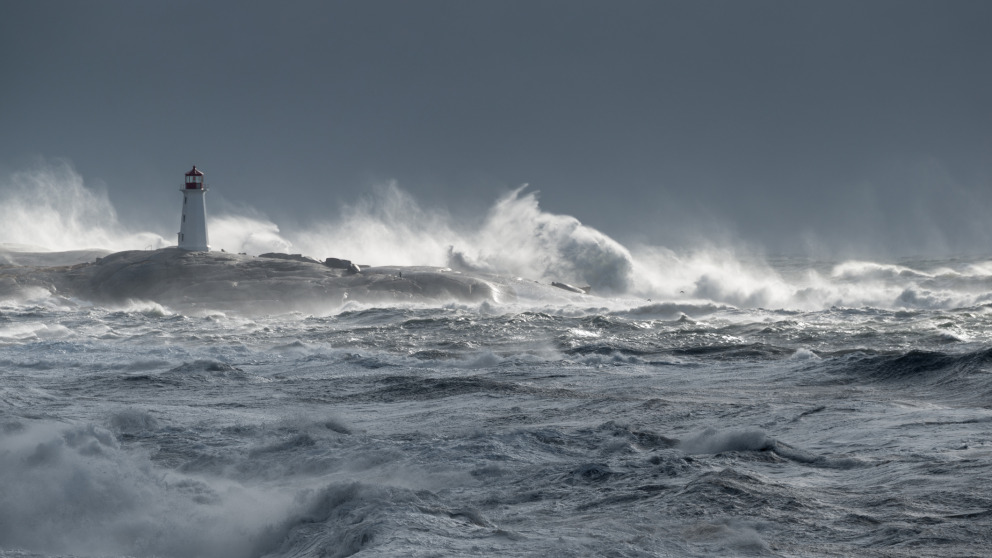
Headline:
Ocean Governance
The Ocean Governance project supports knowledge-based transformation processes for the conservation and sustainable use of marine and coastal systems. It focuses on the most salient challenges for ocean sustainability and related policy processes such as the 2030 Agenda and its ocean goal SDG 14 and the conservation and sustainable use of marine biodiversity on the high seas, or in relation to emerging fields and technologies such as marine carbon dioxide removal.
Taking an interdisciplinary perspective on coupled human-ocean systems, the project analyses ocean governance frameworks and partners with key stakeholders from science, policy and society to better understand ocean sustainability challenges and facilitate the development of integrated governance responses. The team employs different research methodologies, including the development and implementation of exchange formats to support dialogue, joint learning and cross-sector collaborations as in the Marine Regions Forum. Such formats provide opportunities to identify challenges and frame topics, to present and review preliminary research outcomes, and to generate new forms of knowledge in order to address critical ocean governance challenges.
Research is currently focused on:
- The implementation of SDG 14 and other ocean-related SDGs, and the role of regional ocean governance approaches in sustainability transformations;
- The conservation and sustainable use of marine biodiversity, including in beyond national jurisdiction (the "high seas");
- Challenges for (global) ocean governance at the ocean and climate nexus, e.g., in the context of marine carbon dioxide removal;
- The development of ocean governance as an emerging research area in sustainability science and advancing related transdisciplinary approaches and dialogue formats.

